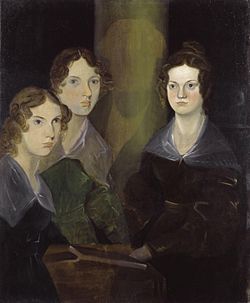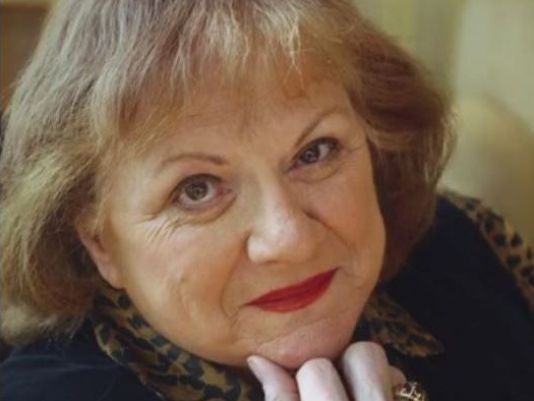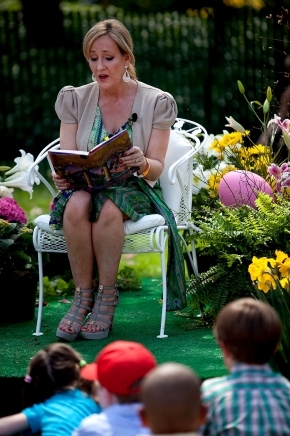Over the centuries, many women writers have published under male or gender-ambiguous pen names because their gender was seen as an obstacle to attracting readers. These are just a few of the women who did so, who all unarguably went on to be considered giants of the literary and publishing worlds.
Charlotte, Anne and Emily Brontë
 English literature’s most renowned sisters jointly made their publishing debut with Poems by Currer, Ellis, and Acton Bell in 1846. In 1850, after Anne and Emily both died, Charlotte published the "Biographical Notice of Ellis and Acton Bell," in which she explained: "Averse to personal publicity, we veiled our own names under those of Currer, Ellis, and Acton Bell; the ambiguous choice being dictated by a sort of conscientious scruple at assuming Christian names positively masculine, while we did not like to declare ourselves women, because — without at that time suspecting that our mode of writing and thinking was not what is called ‘feminine’ — we had a vague impression that authoresses are liable to be looked on with prejudice".
English literature’s most renowned sisters jointly made their publishing debut with Poems by Currer, Ellis, and Acton Bell in 1846. In 1850, after Anne and Emily both died, Charlotte published the "Biographical Notice of Ellis and Acton Bell," in which she explained: "Averse to personal publicity, we veiled our own names under those of Currer, Ellis, and Acton Bell; the ambiguous choice being dictated by a sort of conscientious scruple at assuming Christian names positively masculine, while we did not like to declare ourselves women, because — without at that time suspecting that our mode of writing and thinking was not what is called ‘feminine’ — we had a vague impression that authoresses are liable to be looked on with prejudice".
George Eliot
 Mary Anne Evans published novels such as Middlemarch and Silas Marner under this name because she wanted to be taken seriously. A bit ironically, she also used the pseudonym to publish her 1856 essay "Silly Novels by Lady Novelists," in which she attacks most women novelists of her time for stories that are unrealistic, tedious, and clichéd.
Mary Anne Evans published novels such as Middlemarch and Silas Marner under this name because she wanted to be taken seriously. A bit ironically, she also used the pseudonym to publish her 1856 essay "Silly Novels by Lady Novelists," in which she attacks most women novelists of her time for stories that are unrealistic, tedious, and clichéd.
Ann Rule
 Unrivaled as a master of true crime writing, The Stranger Beside Me author started her career by writing articles for the magazine True Detective. Her editors published her stories under the names Arthur Stone, Chris Hansen and Andy Stack. Even though she had worked as a police officer herself, the editors felt their readers would not accept a woman as a credible crime writer.
Unrivaled as a master of true crime writing, The Stranger Beside Me author started her career by writing articles for the magazine True Detective. Her editors published her stories under the names Arthur Stone, Chris Hansen and Andy Stack. Even though she had worked as a police officer herself, the editors felt their readers would not accept a woman as a credible crime writer.
J.K. Rowling
 While "J.K." are gender neutral initials rather than a male pseudonym, the Harry Potter author’s publisher felt that an author named Joanne Rowling would not have enough appeal to boys. She has no actual middle name and chose the initial "K" in honor of her grandmother, Kathleen. Soon, as Rowling once told Oprah Winfrey, "I started getting my picture in the press and no one could pretend I was a man anymore."
While "J.K." are gender neutral initials rather than a male pseudonym, the Harry Potter author’s publisher felt that an author named Joanne Rowling would not have enough appeal to boys. She has no actual middle name and chose the initial "K" in honor of her grandmother, Kathleen. Soon, as Rowling once told Oprah Winfrey, "I started getting my picture in the press and no one could pretend I was a man anymore."


Add a comment to: Women’s History Month: Female Writers and Male Pseudonyms